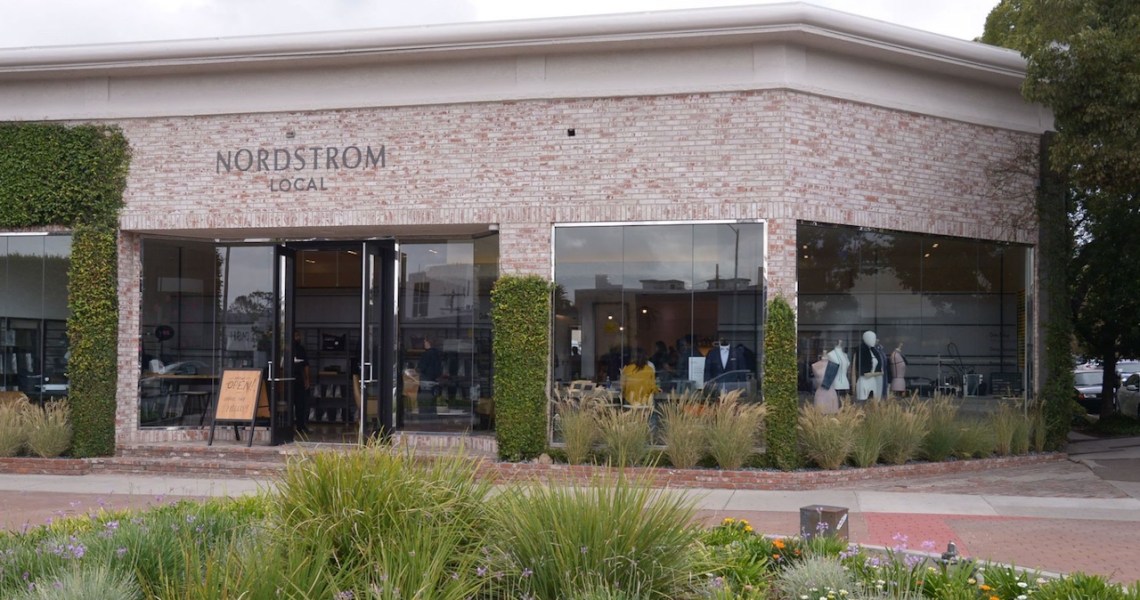The brothers Erik and Pete Nordstrom have made good on their promise to attempt to make their family business, Nordstrom, into a privately held business. In a filing on Wednesday, the brothers, along with Mexican retailer El Puerto de Liverpool, offered $23 a share to Nordstrom’s investors for a total of around $3.76 billion to bring the company private, more than 50 years after it first went public in 1971.
The Nordstrom family’s intentions have been known for months, since the first reports of their desire came out in March and through multiple reports on potential acquisition partners like Sycamore Partners. On Wednesday, Nordstrom, the company, put out a statement confirming receipt of the proposal from the Nordstrom brothers and El Puerto de Liverpool and that a special committee had been formed within the company to consider the proposal. No further statements regarding the proposed deal would be given until a decision is reached, the statement said.
Companies often go private to enact structural changes, according to Jonathan Lazarow, a corporate lawyer who advises companies, including major luxury retailers, on mergers and acquisitions and corporate governance.
“If Nordstrom goes private, the retailer will face less pressure to deliver quick results to please public company investors,” Lazarow said. “As a public company, Nordstrom is incentivized to deliver quarterly returns that demonstrate growth and increased profitability. In today’s retail market, this is increasingly difficult to do as traditional retailers are attempting to manage the changing shopping habits.”
Nordstrom has managed to fare much better than its compatriots in luxury retail and department stores in recent quarters. Its most recent earnings, reported on August 27, beat analyst estimates and showed quarterly revenue climbing close to $4 billion. But even Nordstrom isn’t immune to some of the issues facing retailers. The same earnings report also forecasted a slow period through the rest of the year with minimal growth.
As Lazarow said, publicly traded companies face pressure to show continuous growth, but that’s now how the market works. Most companies face slow periods, and weathering them without the scrutiny of public investors can be a benefit. The Nordstorm family already owns nearly a third of the company, but by buying the rest of the shares, they could make sweeping changes to the company’s strategy much more quickly.
One possible change they’ll make: spinning off the highly successful Nordstrom Rack business. In the last quarter, Nordstrom Rack sales were up nearly 9% compared to barely a 1% increase at its full-price stores. It also plans to open 22 Rack stores in 2024 by the end of the year.
“Nordstrom embarked on a multi-year transformation to create a more precise delineation between its department store brand and its Rack offering,” said Juan Pellerano, CMO of e-commerce and retail tech company Swap. “With Nordstrom Rack, they’re looking to expand their value offering, rather than it being a hand-me-down from what did not sell last season in the department store. Separating the brands more intentionally requires a multi-year investment that Wall Street may not look at favorably quarter-to-quarter. Going private means they can take on their strategic goals without public markets questioning every move. I’d expect them to eventually create two separate, more valuable entities, with Nordstrom and Off the Rack operating independently.”




